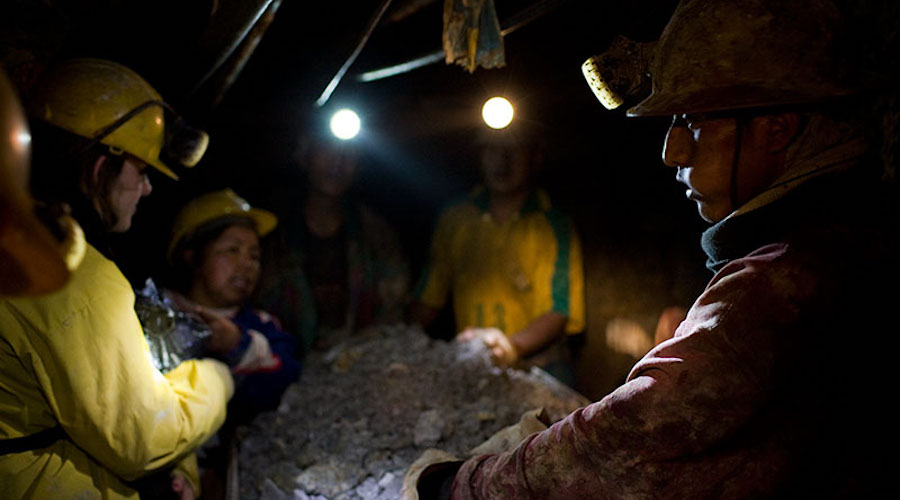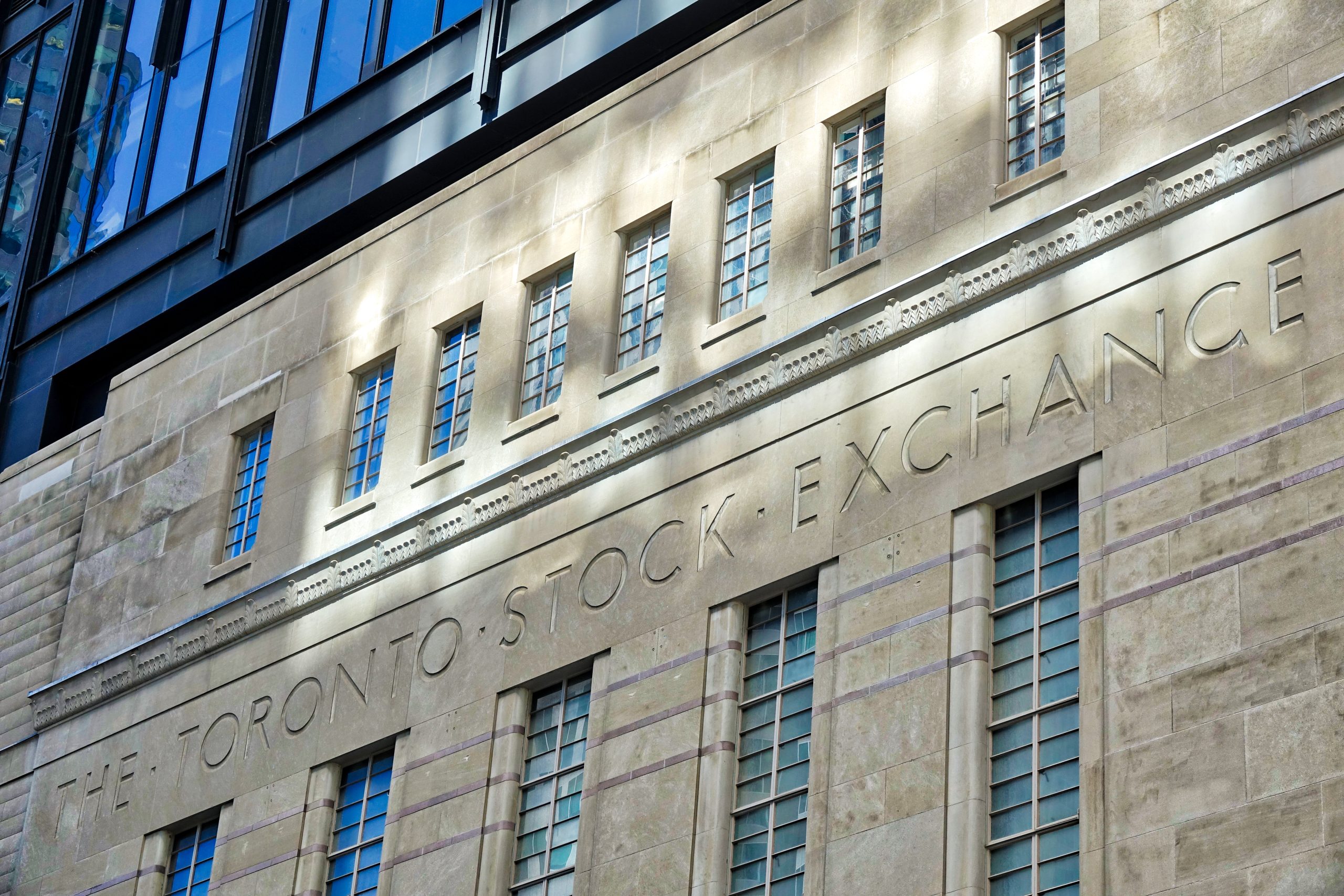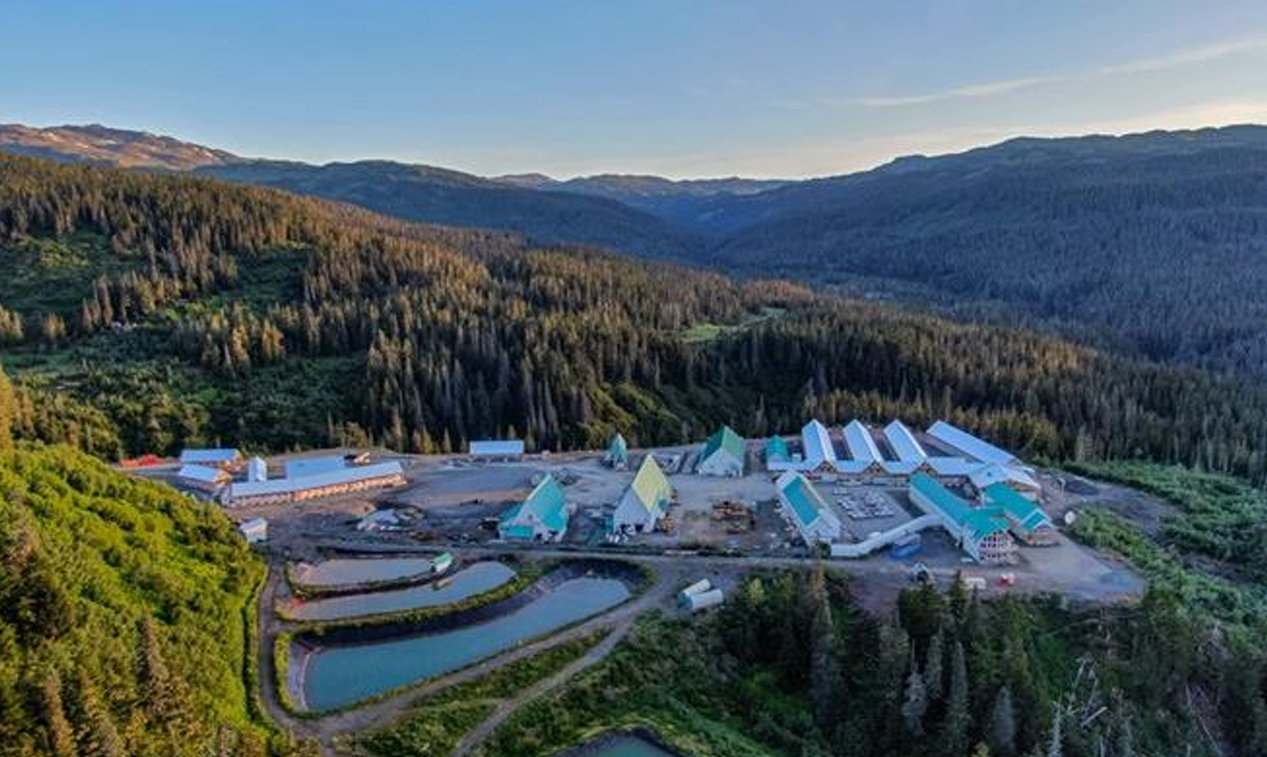“Just because a physical supply chain avoids conflict-affected or high-risk areas (CAHRAs), or is based entirely within the EU, that does not guarantee every operator in the supply chain will be completely free from links to unethical or illegal activity,” the document reads.
In the firm’s view, demand for ethically produced resources will help prevent supply chain abuse and enable mining companies operating to recognized best practice standards to compete on a level playing field.
In this sense, the guide proposes a number of steps for miners and smelters to underpin their customers’ due diligence processes and promote transparency.
The first idea proposed is that of mapping a route to market, which means that since nowadays very few mines get built without an offtaker first being lined up to buy a substantial/majority share of the output, miners need to ask questions about who their buyers plan to supply, particularly those that currently lose sight of their products at the point of sale to an intermediary.
“Violations can occur at any point along the supply chain between the miner and the end-user, including modern slavery, child labour or other human rights abuses, environmental damage, biodiversity loss, water pollution, money laundering, bribery, fraud or the funding of illegal armed conflicts,” the report reads. “Even if the material was ‘clean’ when it left the mine, mining companies risk their routes to market being compromised if their intermediaries are not transparent about their activities or fail to adhere to good ESG standards.”
Keep it simple
Another suggestion is to review the European Commission’s whitelists of “responsible” smelters and refiners located across the world, which is something the institution plans on doing pursuant to the EU Conflict Minerals Regulation.
Keeping supply chains as simple as possible to ensure they are able to prove their products have not been smuggled into their country of operation, is also an important step proposed in the guide.
This, taking into account that while mining companies based in the UK and the EU are largely free from suspicion under the EU Conflict Minerals Regulation, mineral and metal supply chains can be lengthy and complex and unscrupulous operators can use this complexity to their advantage, obscuring the source of the metal or mineral by inserting extra links.
“With European countries aiming to become recognised suppliers of 3TG (and potentially other minerals in future), this increases the risk that these countries could be used to mask illegal or unethical sourcing activity,” the handbook reads.
Transparency is key
To better prepare for their customers’ demands and comply with increased regulation of supply chains, Fieldfisher also suggests that mining companies and processors establish one comprehensive set of questions and answers with supporting evidence so that they can share it with purchasing organizations and potential partners/investors.
“Having information (including policy documents, certificates and other verifications) prepared should save suppliers (and purchasers) time and money, and allow them to showcase strong ESG credentials,” the guide states. “It is also important to take a consistent approach to customers. Giving different treatment to different customers may raise concerns about transparency.”
Regularly reviewing, updating and promoting their ESG strategies are also presented as positive steps miners should take.
For the law firm, it may also be a good move for miners to sign up to independent external ESG standards prepared by industry bodies and NGOs, some of which cover environmental stewardship, equitable distribution of benefits and transparent accounting practices.
Within this context, mining companies may also benefit from partnering with third-party experts and carrying out physical checks and audits which, according to Fieldfisher, are increasingly becoming necessary aspects of compliance and are an opportunity to share best practice ideas, improvements and efficiencies.
The final piece of advice for mining companies is to be flexible and open to changes.
“Mining companies, even those whose operations have been designed to the highest contemporary standards, must be flexible and willing to adapt to new customer and societal expectations as well as legal requirements if they are to maintain their status as responsible suppliers,” the guide states.




